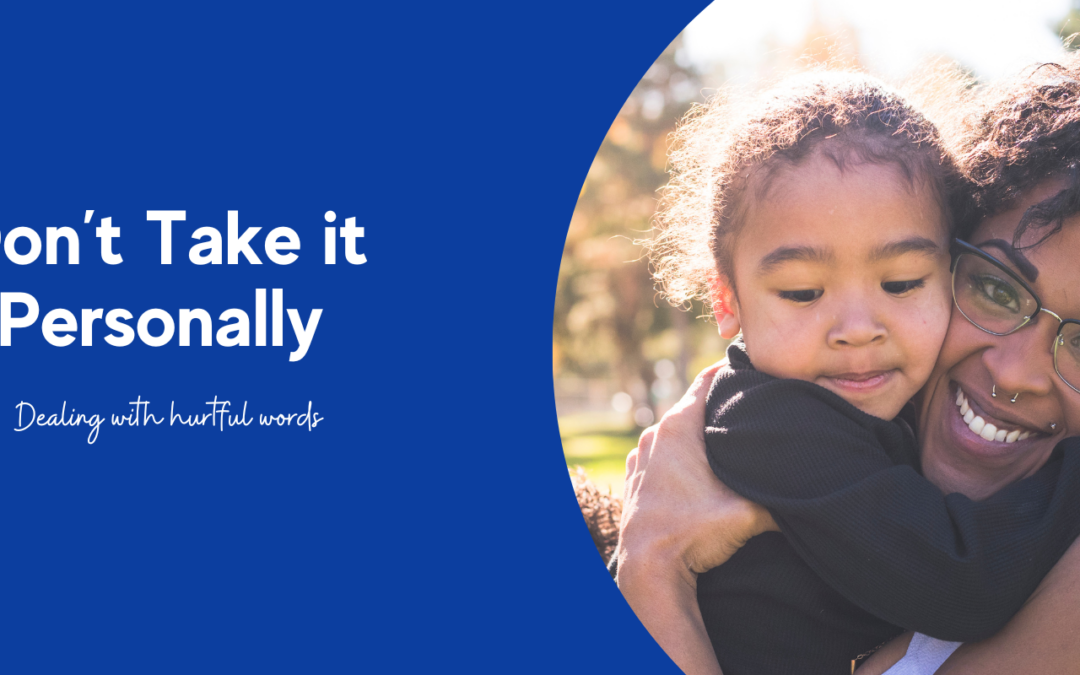If you haven’t yet heard your child yell, “I hate you!” or “You’re the worst mom ever!”, you can rest assured that the day will come. It can be shocking, frustrating and heart-breaking to hear such strong words coming from someone to whom you have devoted your love, energy and resources. However, instead of worrying about what you have done to deserve this, you need to remember that your child is still learning to identify, understand and deal with anger and other strong emotions.
Before you give in to your own hurt and anger, think about what your child is feeling. She doesn’t hate you; she hates her current situation and does not quite know how to handle it. Your response can either fuel or diffuse the tension. Try not to retaliate with hurtful words or make your child feel guilty about what he has said. He is already angry and not thinking clearly. This is not the time to talk about how words can hurt and the importance of being respectful. Save that for later when you are both feeling calm.
Instead, acknowledge your child’s feelings. A child’s anger often stems from the feeling that she has been treated unfairly. She may be frustrated that she has no control over the situation. Let him know you understand, but hold firm to your position. Giving in to his tantrum will only teach him that this is an effective approach to getting his way.
Take some time for both your child and yourself to settle down. You can then talk about what happened, but there is no need to dwell on the issue.Modelling respect and patience in your daily interactions is the best way to teach your child appropriate ways of handling difficult feelings.
Many upsets can be avoided with some preparation. If your child knows your expectations ahead of time, she still may not be happy, but she may not have the same over-the-top reaction as she would if she was unprepared. It is important to remember that your child’s anger, while directed at you, is not really about you. You are the person who knows him best, who is able to help him when he is struggling. When he lashes out at you, he needs you to be strong enough to help him work through the tough feelings.
Parenting is hard, and it is easy to worry about whether or not you are doing a good job. On those occasions when you hear, “I hate you!”, remember that you hear or feel “I love you” a lot more. Don’t take your child’s angry words to heart, but help her find other ways to express those strong feelings.

